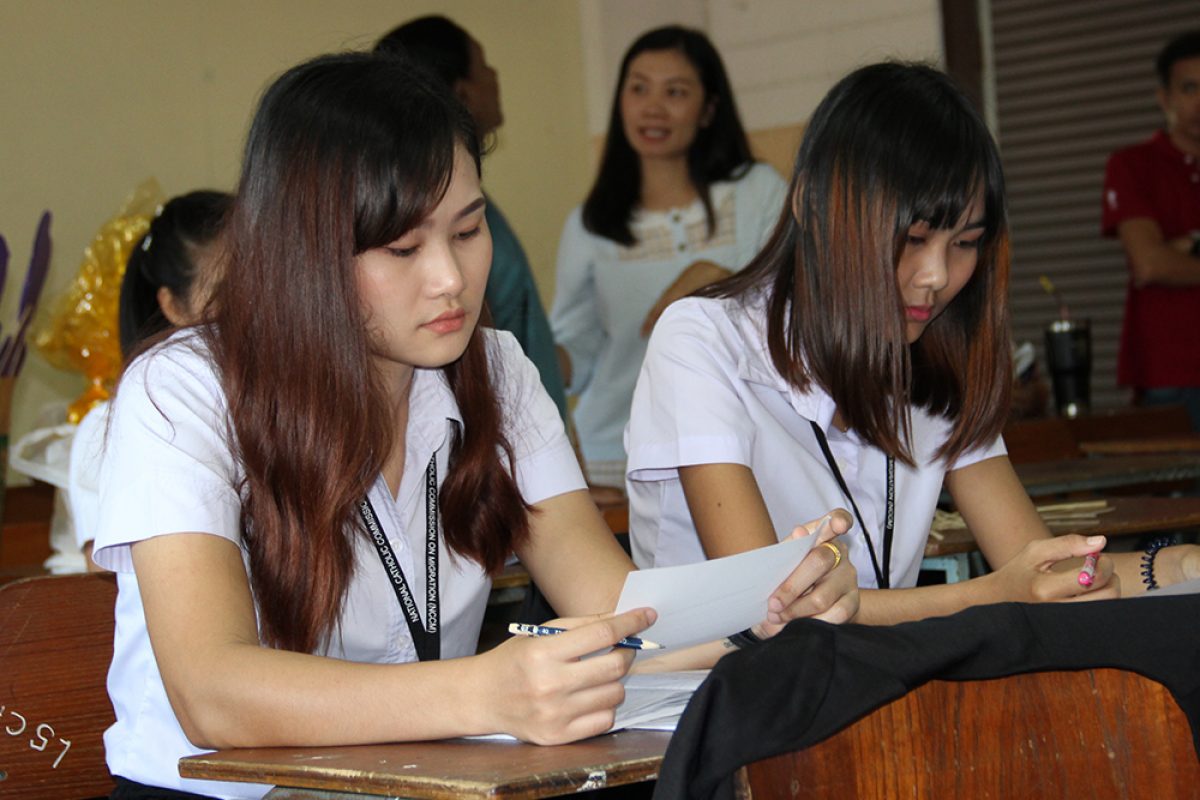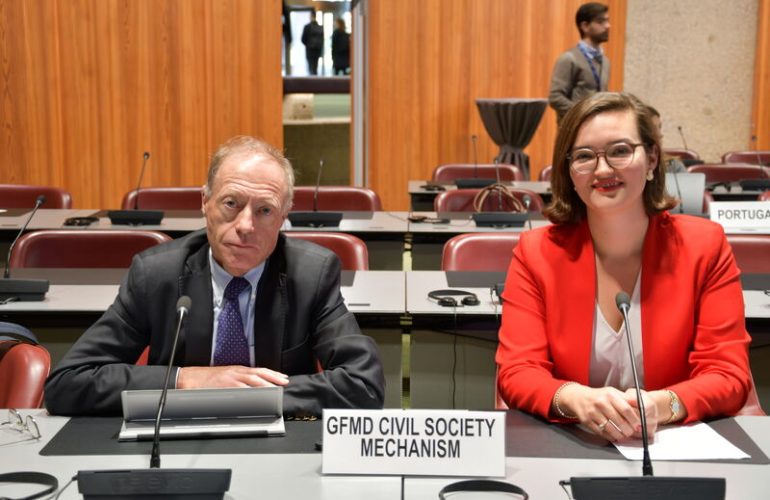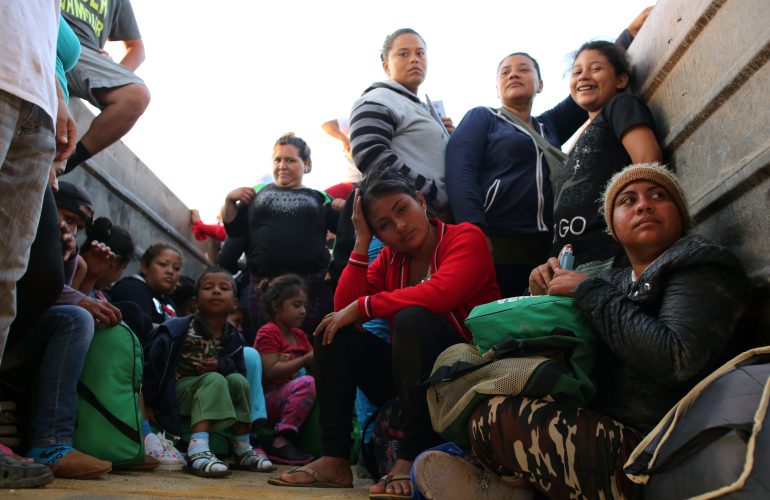How to Better Serve Migrants and Implement International Commitments? Civil Society Leaders Will Discuss Solutions in Ecuador

Civil society leaders from all over the world will gather in Quito, Ecuador, to discuss the opportunities and challenges of migration and development. They will focus on developing robust implementation mechanisms for the Global Compact for Migration and establishing partnerships with migrants and hosting communities.
From 21 to 23 January, the Ecuadorian capital will host the annual summit of the Global Forum on Migration and Development (GFMD). The Forum is a government-led informal process that brings together States, local authorities, businesses and civil society organizations concerned with migration and development issues. Its goal is to discuss sensitive topics, seek consensus, propose innovative solutions and share policies and practices.
On 22 January, some 250 civil society leaders from across the world will gather at a Civil Society Day (CSD). Their focus will be on how best implement the Global Compact for Migration (GCM) adopted by more than 150 States in December 2018.
“This is a crucial moment for all working on the migration front,” says Stéphane Jaquemet, Director of Policy at the International Catholic Migration Commission (ICMC).
“One year ago, in Marrakech, there was incredible energy and adrenaline to adopt the Global Compact for Migration. Today, we cannot afford to be exhausted or inattentive. If not properly implemented, the Global Compact will lose its meaning. And to see real commitment in the implementation, we will need twice the energy and adrenaline we had before. Implementation, more than adoption, is the real moment of truth,” Jaquemet adds.
During the Civil Society Day, participants will discuss the commitments of governments, local authorities, the private sector and their own organizations. They will also seek new and innovative partnerships for the benefit of migrants and their hosting communities, considering that civil society organizations often are the first to provide migrants with vital services such as health and education.
Five major themes will be up for discussion among civil society representatives at the Civil Society Day:
- access to services for all migrants;
- mixed migration movements;
- labor migration;
- climate-related displacement; and
- the criminalization of migrants and those assisting them.
In addition to these themes, a number of cross-cutting issues will be taken into consideration at all times: children’s rights and the contribution of youth, gender-sensitive approaches, the inclusion of the diaspora and countering negative views on migration.
The Civil Society Day is self-organized: civil society representatives set their own agenda and its activities remain independent from governments, local authorities and businesses, who have their own separate meeting on the same day.
On the following day, the four GFMD mechanisms, including civil society, come together to discuss issues of common concern, based on a jointly agreed agenda. That get-together is symbolically called “Common Space.”
For civil society organizations, this meeting is an opportunity to bring national and local priorities and challenges into the discussions at the global level. They present their recommendations to government representatives, city mayors and business leaders.
For the first time this year, the entire GFMD summit will be open to civil society participants, making it a truly multi-stakeholder inclusive process and providing additional opportunities for strategizing, networking, advocacy and partnership-building.
Created in 2006 by the then-Secretary-General of the United Nations Kofi Annan, the GFMD has taken on a new role since December 2018 with the adoption of the Global Compact for Migration. The Compact is an international agreement which aims to create better living conditions for millions of migrants worldwide.
The GCM recognizes the Forum as “a space for annual informal exchange on the implementation of the Global Compact and to report the findings, best practices and innovative approaches” to the International Migration Review Forum (IMRF). The IMRF is the United Nations’ mechanism to review the implementation of the GCM.
Since 2011, ICMC has coordinated the activities of the global civil society in the preparation of and during the GFMD.


